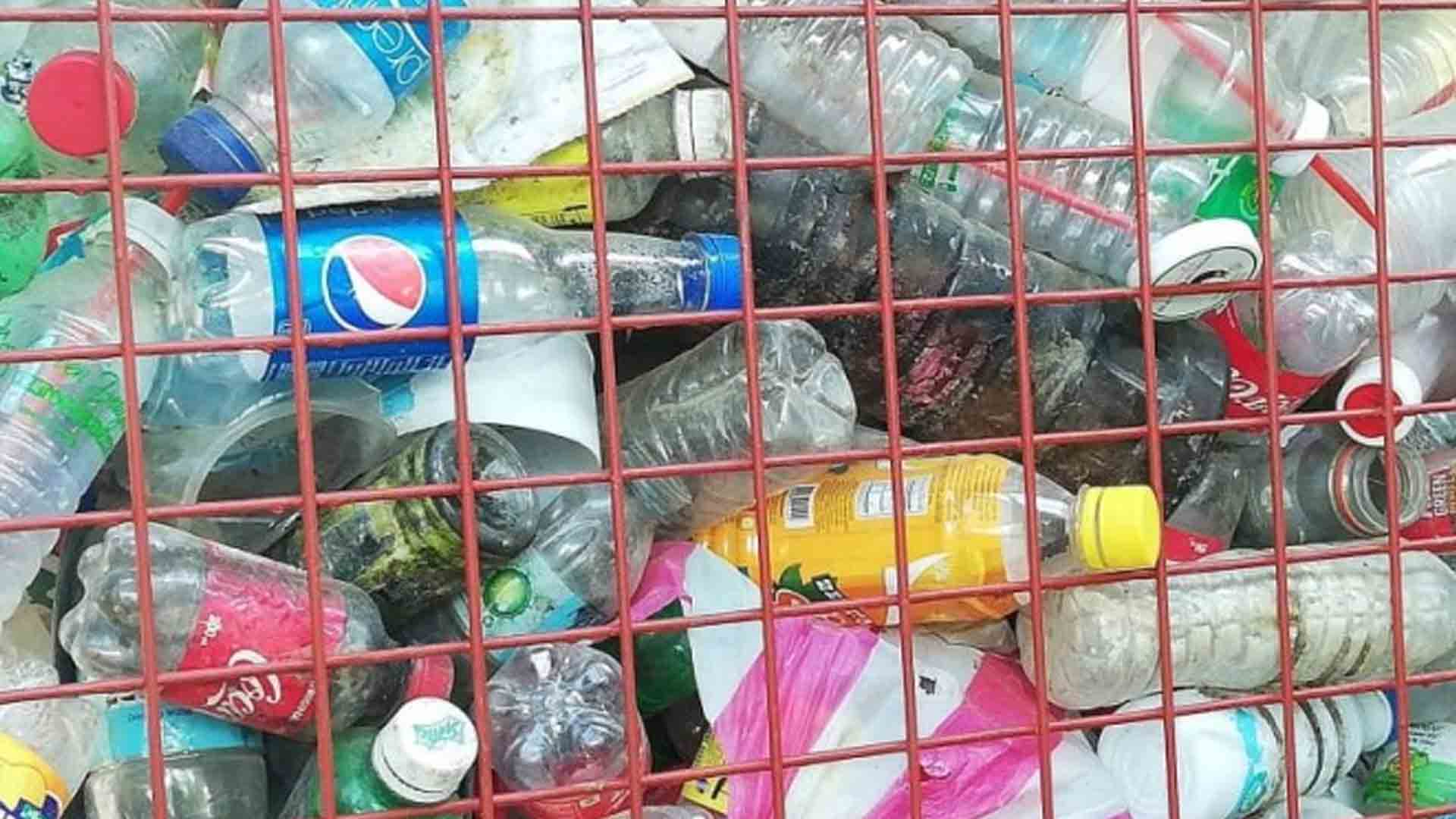The Department of Environment and Natural Resources (DENR) on Tuesday assured the Senate of its commitment to regulate plastic packaging and reduce waste as it already drafting the Implementing Rules and Regulations (IRR) of Republic Act 11898 or the Extended Producer Responsibility (EPR) Act which lapsed into law in July.
Undersecretary Jonas Leones told the Committee on Environment, Natural Resources and Climate Change, chaired by Senator Cynthia Villar, that DENR secured funding from the United Nations Development Program to help them prepare for the implementation of the EPR law.
The DENR is given 90 days to draft RA 11898’s IRR from August 13, when the law officially took effect.
The EPR law targets to recover plastic packaging footprint by 20 percent by Dec. 31, 2023 and by 80 percent by Dec. 31, 2028 and every year thereafter.
Amending the 21-year-old RA 9003 or the Ecological Solid Waste Management Act, the EPR law will introduce the practice of extended producer responsibility by large enterprises on the plastic packaging waste they generate.
Leones said they are now conducting focus group discussions with stakeholders.
“In October, we will be finalizing the IRR and for review of the execom (Executive Committee). We will also prepare a national framework for all types of products for waste,” he said. “Six months after the implementation of the law starting February, we will be requiring enterprises to place the EPR program in their plastic packaging.”
Starting October 2023, the DENR shall require enterprises to submit to the agency the annual set of recovery targets.
Villar said the law mandates the DENR to formulate a national framework for all types of waste focusing on waste reduction, recovery and recycling, and the development of environment-friendly products.
“It also promotes internationally accepted principles on sustainable consumption and production, circular economy, and producers’ full responsibility throughout the life cycle of their products,” she said.
“I am very much hopeful that the EPR system will make a substantial difference in our collective efforts to reduce the country’s plastic wastes and remove the Philippines from the rank of being the third largest source of plastic wastes leaking into the ocean,” Villar told the committee.
The journal Science Advances reported in 2021 that the Philippines topped riverine plastic emissions.
The report found that the Philippines has 4,820 rivers emitting 356,371 metric tons (MT) year, followed by India, 126,513 MT; Malaysia, 73,098 MT; and China, 70,707 MT.
“Rivers are a major source of plastic waste in the oceans. We estimate that 1,000 rivers, are accountable for nearly 80 percent of global annual riverine plastic emissions, which range between 0.8 to 2.7 million metric tons per year, with small urban rivers amongst the most polluting,” the report said. (PNA)







